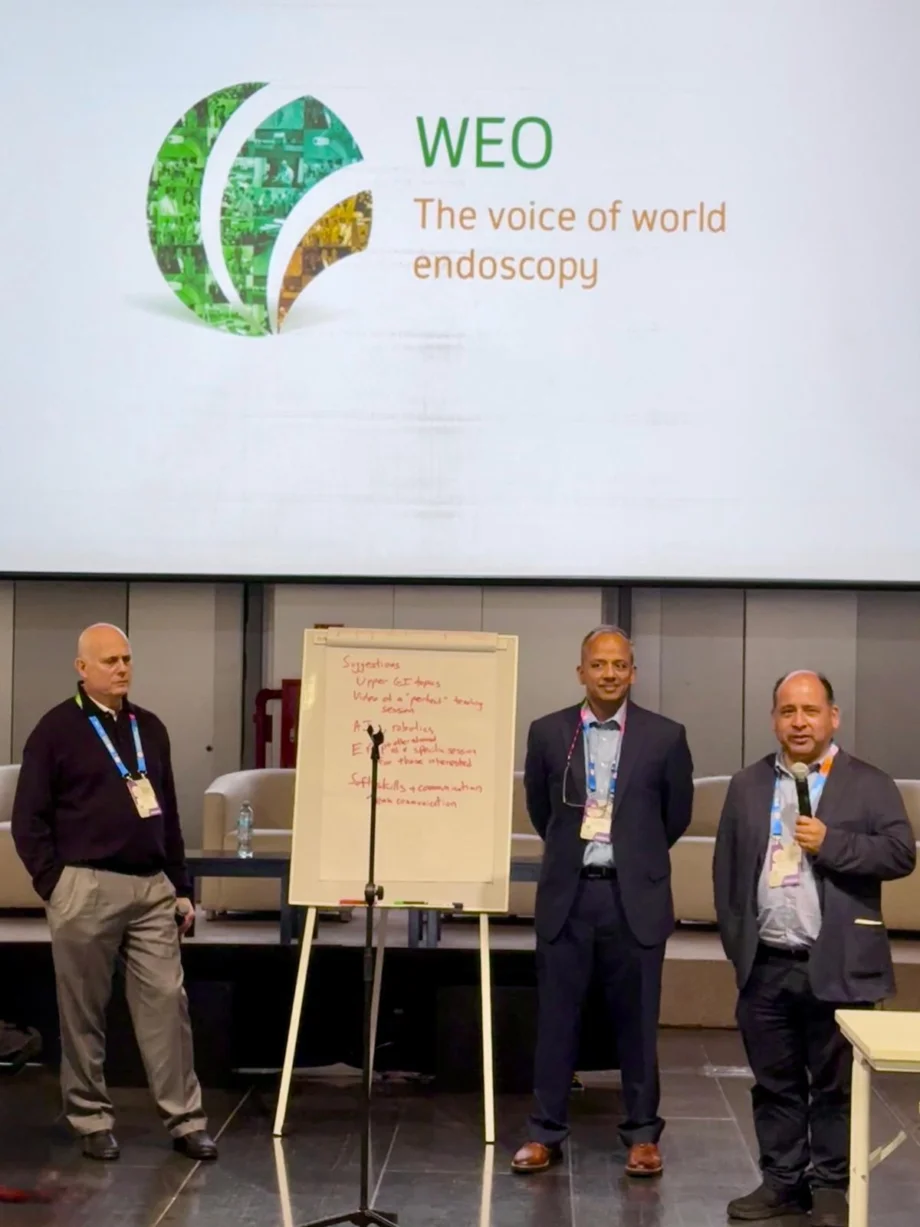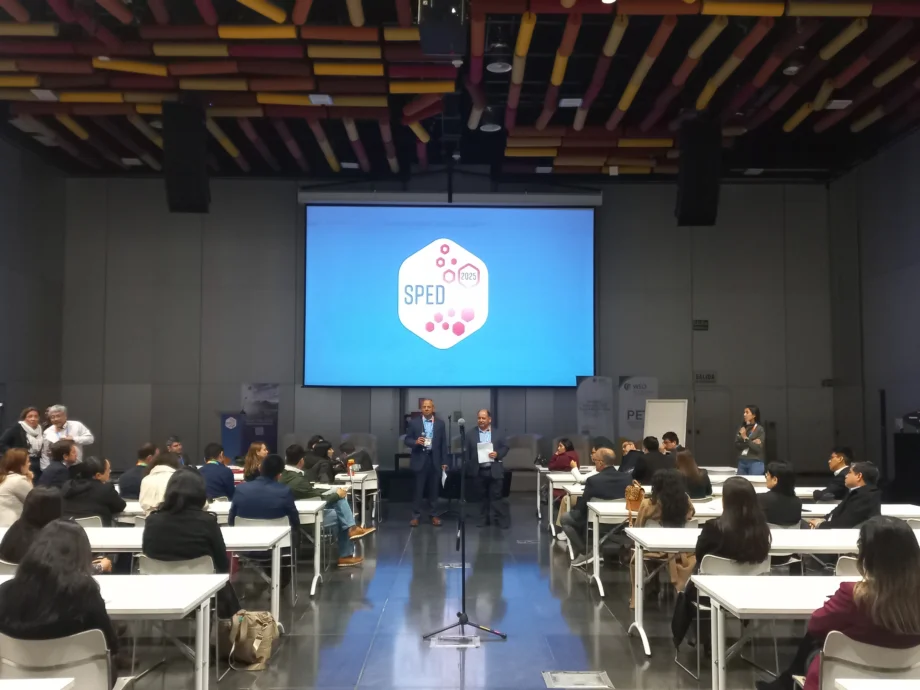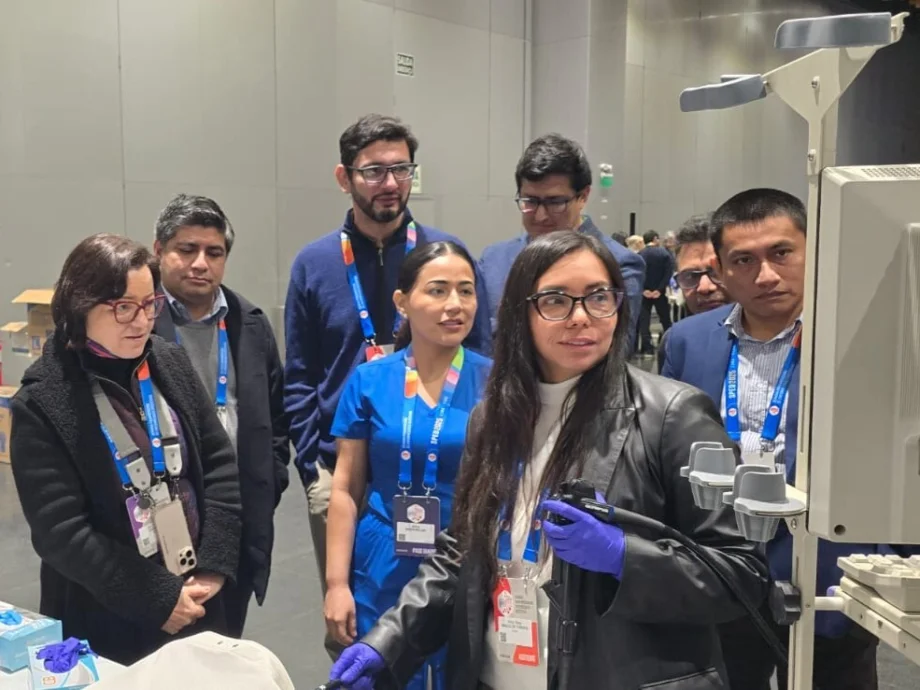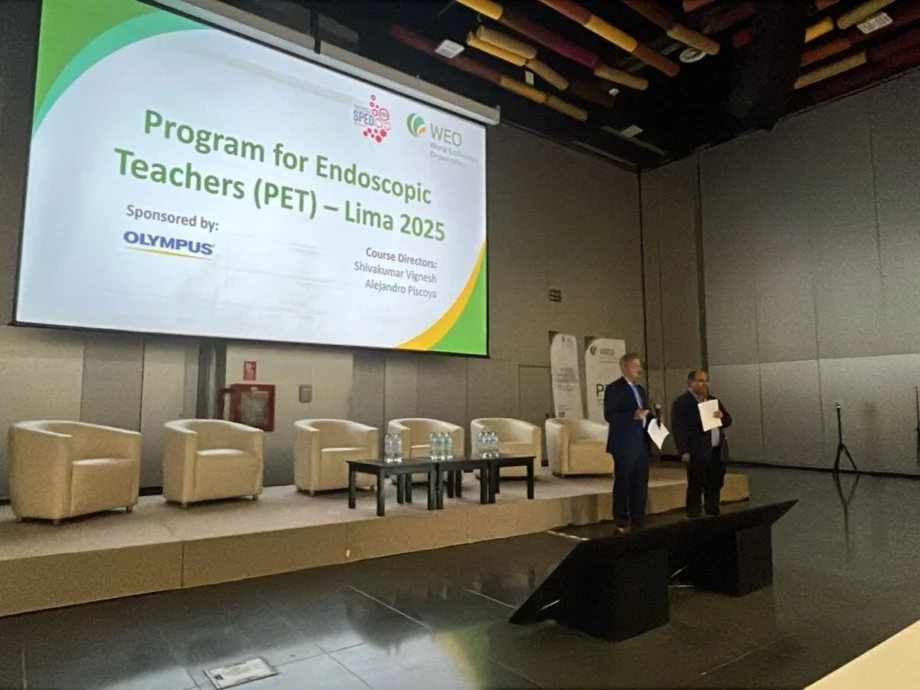
On August 27 the Peruvian capital, Lima, became the epicenter of learning for digestive endoscopy educators from across the Americas. The World Endoscopy Organization hosted its Program for Endoscopic Teachers (PET) immediately before the 2025 Pan American Week of Digestive Diseases (SPED; Semana Panamericana de Enfermedades Digestivas) co-organized by the Interamerican Society of Digestive Endoscopy.
Designed as a "train-the-trainers" course, PET helps experienced doctors become even better at teaching endoscopy. The event focused on how to create strong training programs, deliver effective feedback, and use simulators to teach hands-on skills.
PET Lima brought together around 30 doctors from across Latin America, the Caribbean, and the United States. Countries represented included Chile, Costa Rica, Ecuador, the United States, Panama, Paraguay, Puerto Rico, the Dominican Republic, Uruguay, Guatemala, and host country Peru. This regional mix created a dynamic environment for sharing insights, challenges, and local solutions for endoscopy training.
The faculty included international experts Drs. Catharine Walsh, Douglas Faigel, Victoria Gomez, and Michelle Anderson. Supporting them was a strong team of local and regional faculty: Drs. Simone Guaraldi from Brazil, Monserrate Largacha from Ecuador, Raúl Araya and Rodrigo Mansilla from Chile, and Hugo Cedrón from Peru. The course was led by doctors Shivakumar Vignesh and Alejandro Piscoya.
The PET program was packed with engaging activities, from group discussions to live case critiques and hands-on simulator training. Participants explored key questions such as:
Sessions included:
The energy level was high, and the collaboration was deep. Everyone left with practical tools and fresh ideas to take back to their home institutions.
A special thank you goes to Olympus, SPED, and the Sociedad Interamericana de Endoscopía Digestiva. Their support helped make this course possible.
We look forward to continuing this journey – training the trainers, one course at a time.


